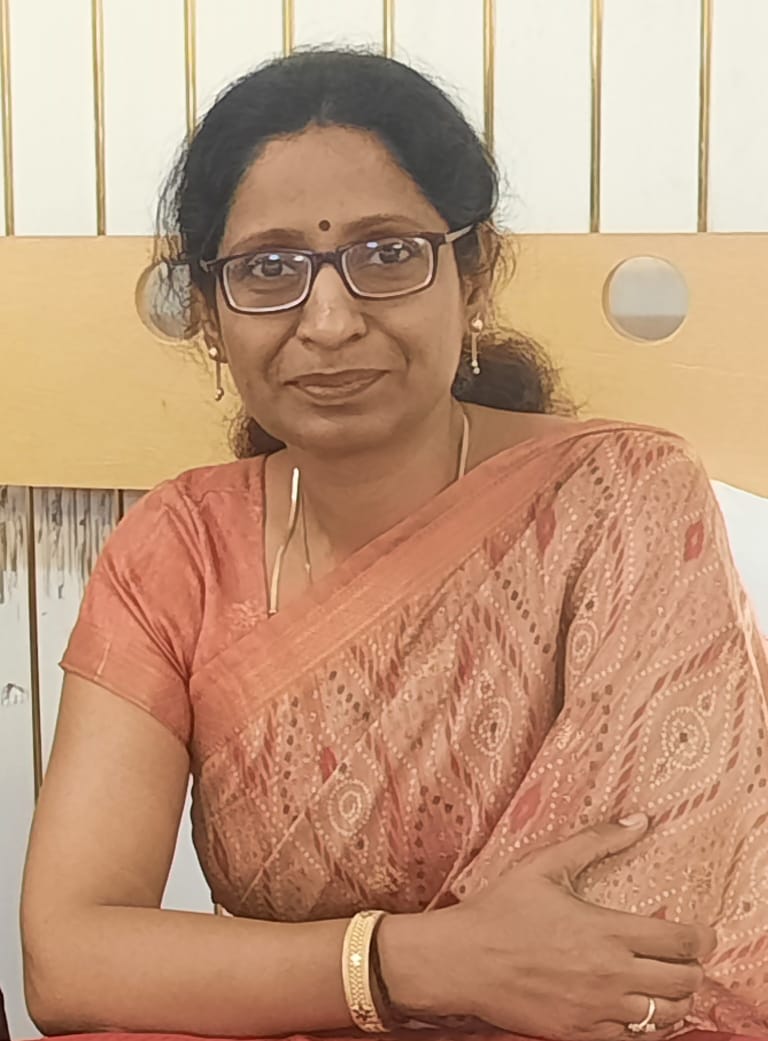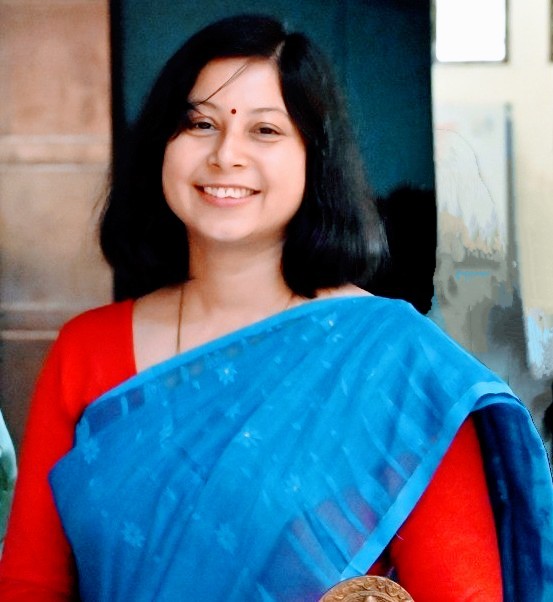Savitribai Phule, a pioneering social reformer and educationist, stands as a beacon of resilience and dedication in the history of India's struggle against social injustices, particularly in the realm of women's rights and education. Born on January 3, 1831, in Naigaon, Maharashtra, Savitribai challenged the prevailing norms of her time and dedicated her life to the upliftment of marginalized communities.
Savitribai's early life was marked by the challenges faced by girls in 19th-century India. Despite societal restrictions, she managed to receive an education, thanks to her progressive parents. Her exposure to education instilled in her a passion for learning and a deep sense of empathy for those denied such opportunities, particularly women.
In 1840, at the age of nine, Savitribai married Jyotirao Phule, who would later become a prominent social reformer. Together, they embarked on a transformative journey to challenge oppressive societal norms and work towards social equality. Jyotirao recognized Savitribai's intellect and determination, and he ensured that she continued her education, exposing her to progressive and liberal ideas.
Savitribai and Jyotirao Phule dedicated themselves to the eradication of social evils such as caste discrimination, untouchability, and the subjugation of women. Savitribai, in particular, focused on the emancipation of women through education. In 1848, she opened the first school for girls in Pune, breaking new ground in a society that denied basic educational rights to women. The school aimed to provide literacy and empowerment to girls, challenging the prevailing norms that restricted women's access to education.
The challenges faced by Savitribai were immense. She and Jyotirao were ostracized and faced severe opposition from orthodox elements in society. Undeterred, Savitribai continued her work, often facing hostile crowds and societal backlash. She demonstrated remarkable courage and resilience, providing a platform for girls and women to learn, empowering them with knowledge and skills.
Savitribai's commitment to education extended beyond just academic learning. She addressed issues like child marriage, widowhood, and the plight of oppressed communities. She advocated for the rights of widows and worked towards their rehabilitation. Savitribai's efforts laid the foundation for the broader social reform movements in Maharashtra and played a pivotal role in shaping the trajectory of the Indian social reform landscape.
Apart from her work in education, Savitribai was also a prolific writer. She contributed to Marathi and English newspapers, using her pen to advocate for social justice and women's rights. Her writings, often in the form of poems, reflected her deep understanding of societal issues and her unwavering commitment to the cause of equality.
Savitribai Phule's legacy continues to inspire generations of social reformers and feminists in India. Her contributions to education, her advocacy for women's rights, and her resilience in the face of adversity have earned her a revered place in the history of Indian social reform. The Savitribai Phule Pune University in Maharashtra stands as a testament to her enduring impact, recognizing her as a pioneer in the field of education and social justice.
In conclusion, Savitribai Phule's life exemplifies the transformative power of education and the indomitable spirit of individuals committed to social reform. Her pioneering efforts in the field of education for girls and her advocacy for the rights of women and oppressed communities have left an indelible mark on the history of India's social and educational evolution. Savitribai Phule's legacy serves as an inspiration for those striving for a more equitable and just society.





